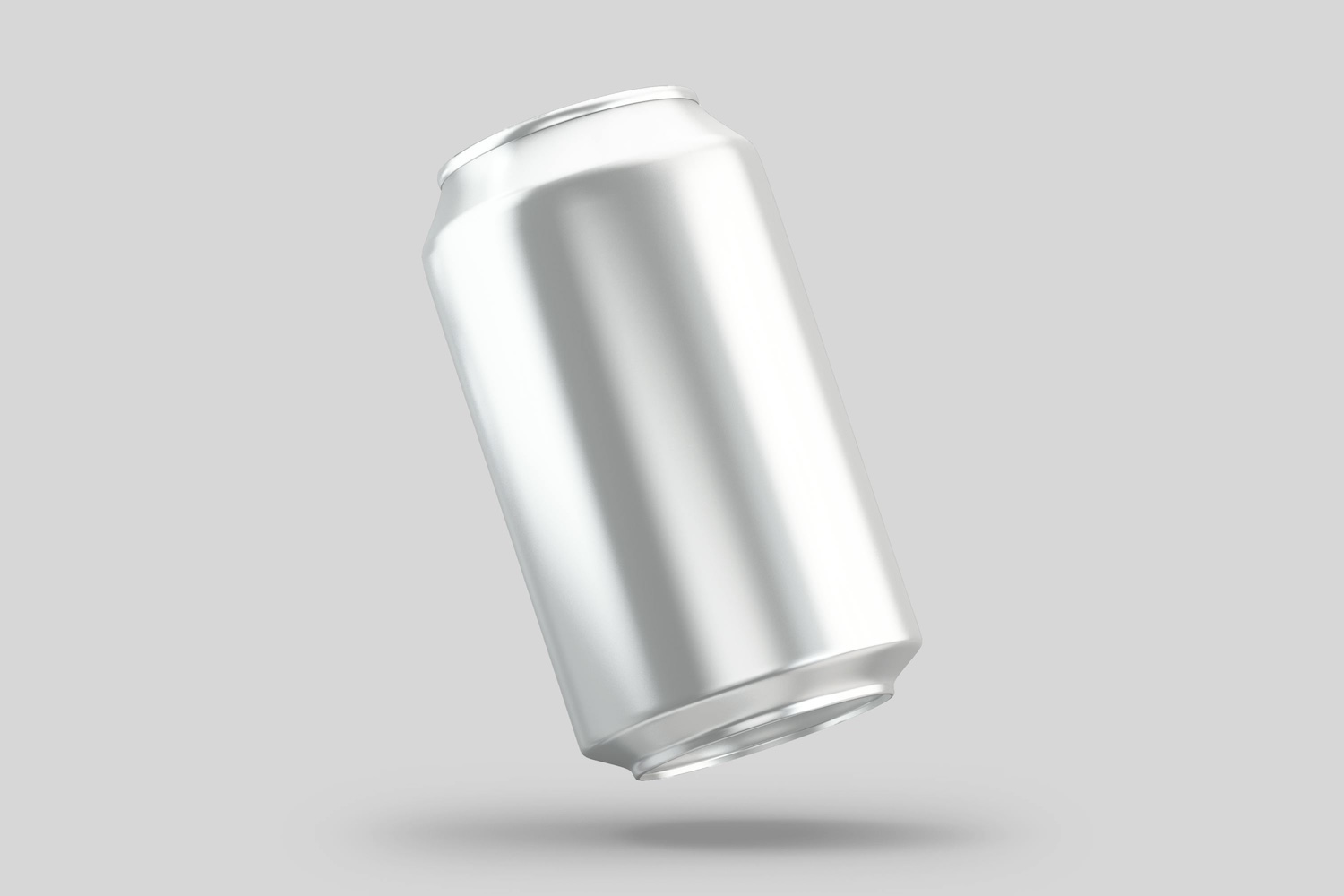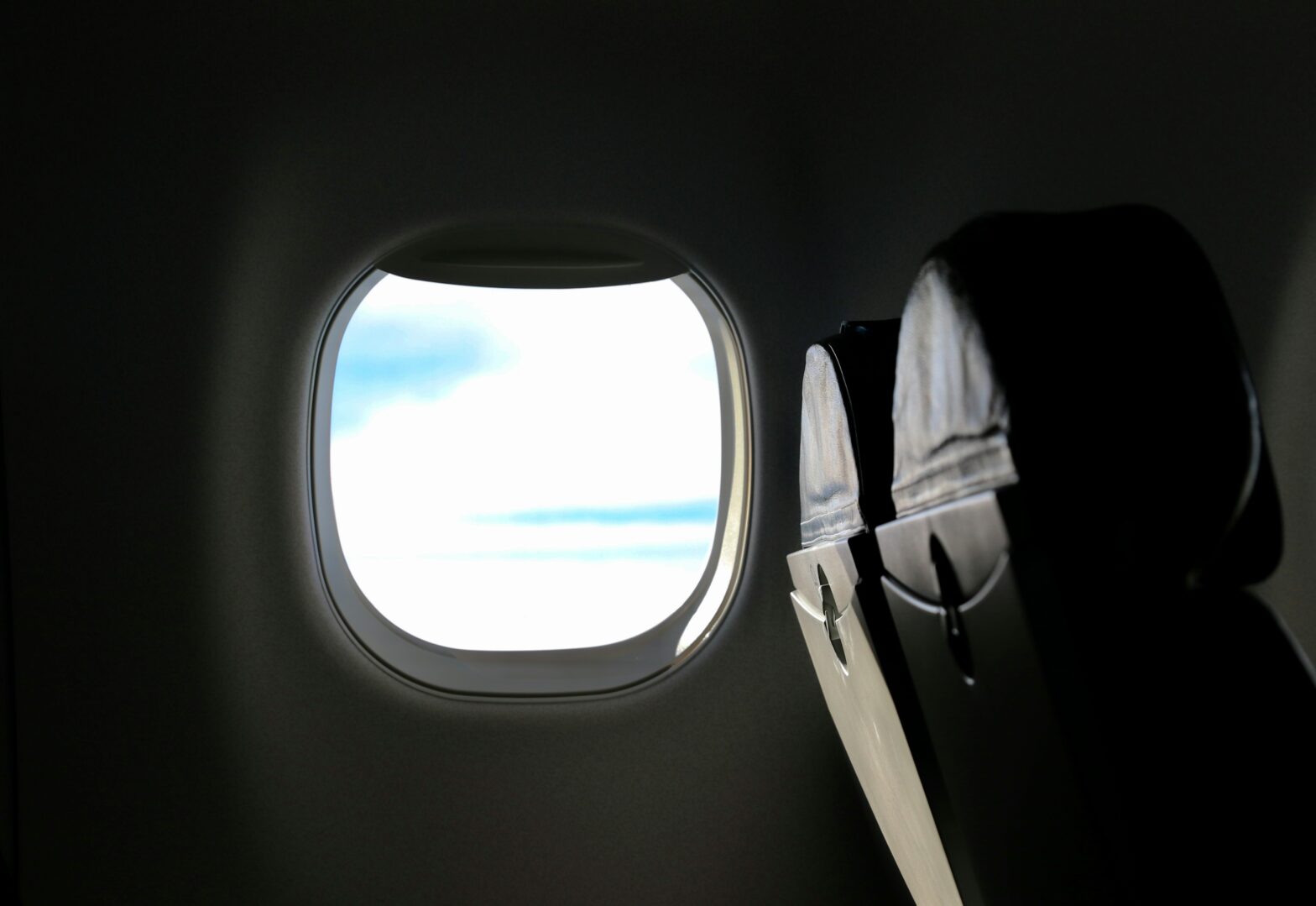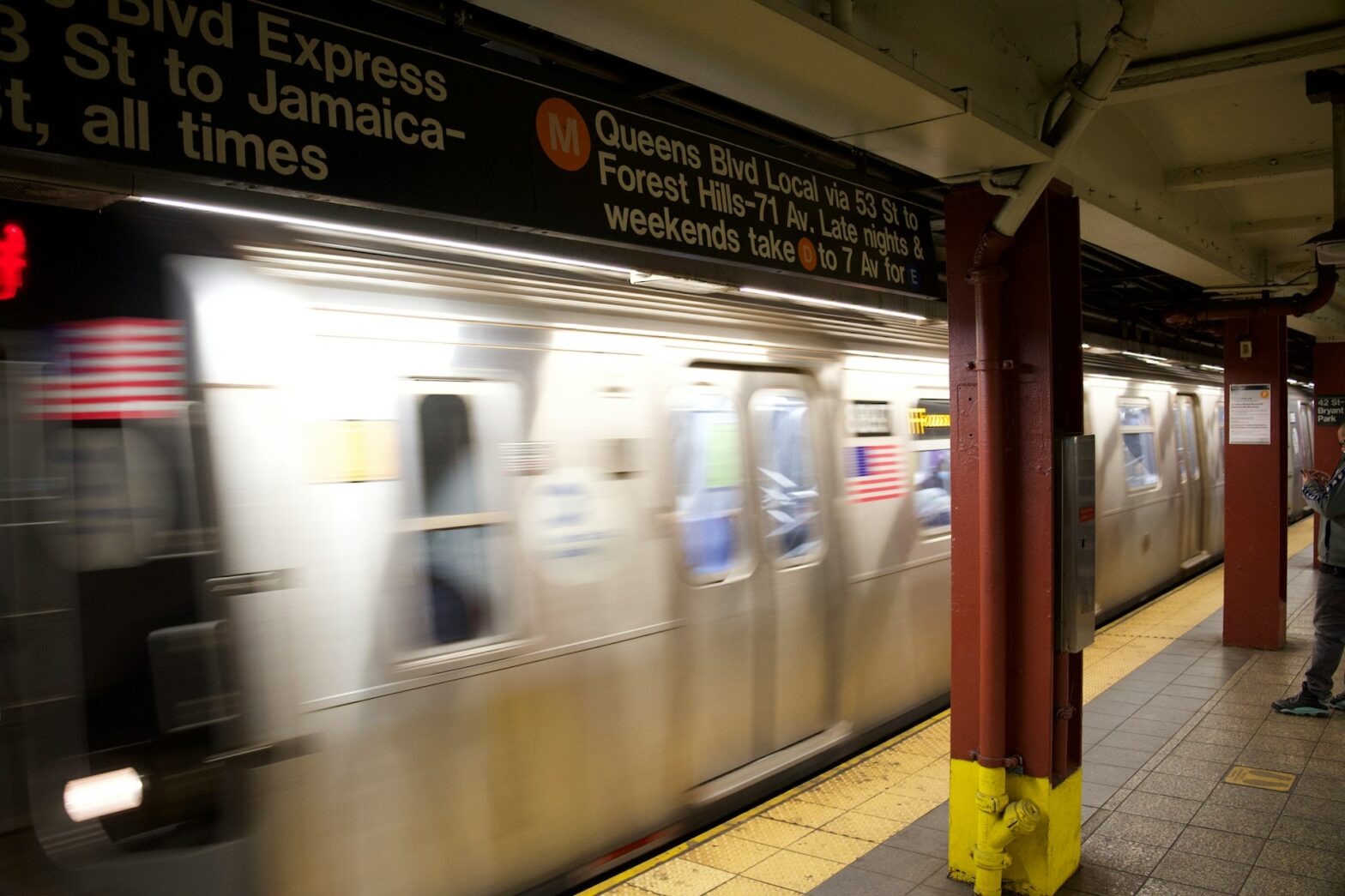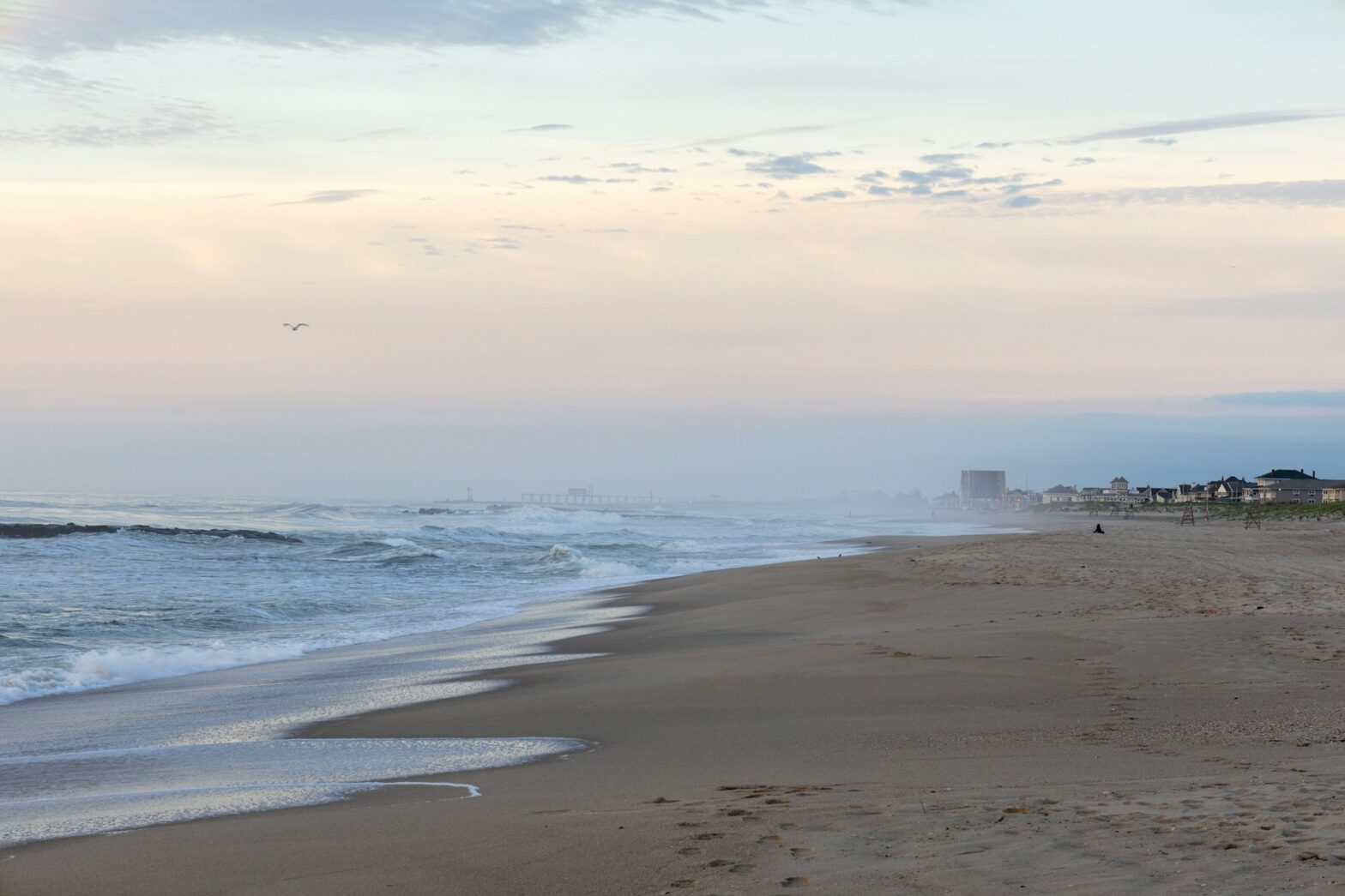Peculiar trends keep cropping up in the tourism industry, driven by the demand for unique travel experiences. Another strange trend that has recently caught the attention of travelers is the practice of some destinations selling canned air to visitors. This seemingly absurd concept has gained traction in various locations worldwide, such as the Canadian Rockies.
According to Euronews, Italy’s Lake Como is the latest entrant in this unusual market. A marketing agency recently launched a product claiming to capture the essence of the lake’s atmosphere in a jar. Each canned air costs nearly $10. It contains a precise mixture of gases, including 21% oxygen, 0.93% argon, 0.04% carbon dioxide, and trace amounts of nitrogen and neon.
Daniele Abagnale, representing the agency behind this initiative, told La Repubblica, “We thought of encapsulating the lake air in a jar that can then be taken anywhere in the world.” The agency touts the product’s versatility, suggesting that the jar can be a pen holder or vase once opened.
Global Canned Air Market
Lake Como’s air-in-a-jar is one of many on the market. Similar products have popped up in various corners of the globe. The Isle of Man, for instance, offers canned air for around $20, marketed as a cure for homesickness and a stress reliever. In China, Altay air is called “intoxicating,” with some cans doubling as postcards for tourist messages.
A company called Fattrol has taken a more humorous approach. The firm produces canned air souvenirs from popular tourist destinations such as Athens, Venice, Barcelona, and Las Vegas. Their Tokyo version claims to contain air from iconic locations like the Shibuya Crossing and the Tsukiji Fish Market. Furthermore, the packaging is purportedly strong enough to withstand a magnitude 9.0 earthquake.
Ethical Concerns
While these products may seem harmless novelties, they raise important questions about sustainable tourism and environmental responsibility. Critics argue that producing packaging for a non-existent product contributes to the already overwhelming volume of disposable souvenirs that often end up as waste.
Not to mention that these products’ authenticity is frequently called into doubt. For example, a controversy broke out in southern England. There, a company selling air from Cornwall for more than $80 per bottle was actually importing their “product” from the neighboring county of Devon.





